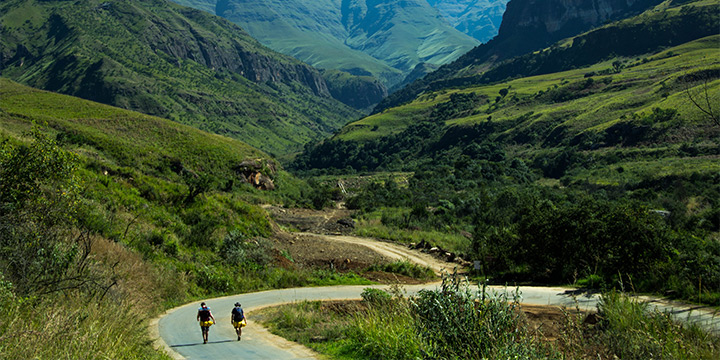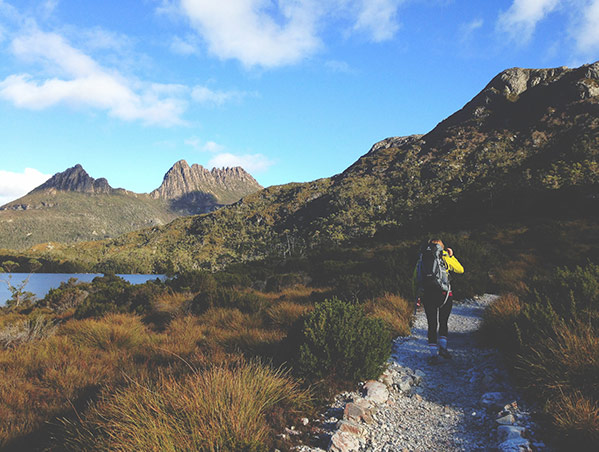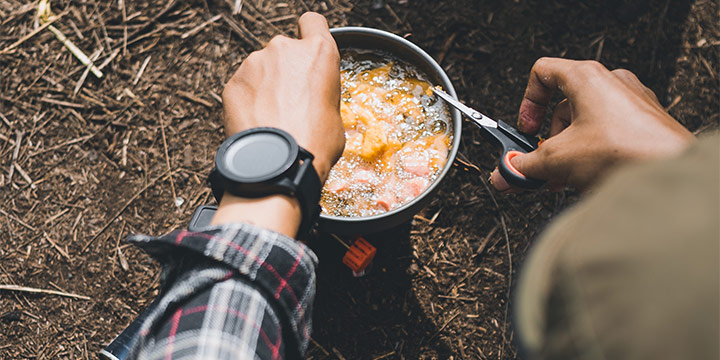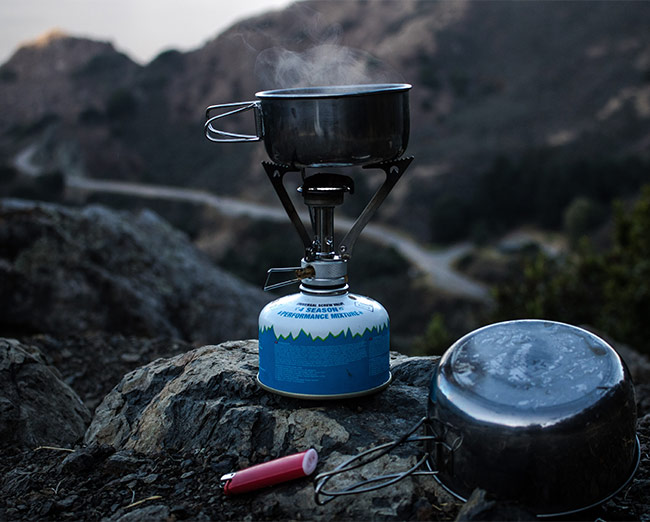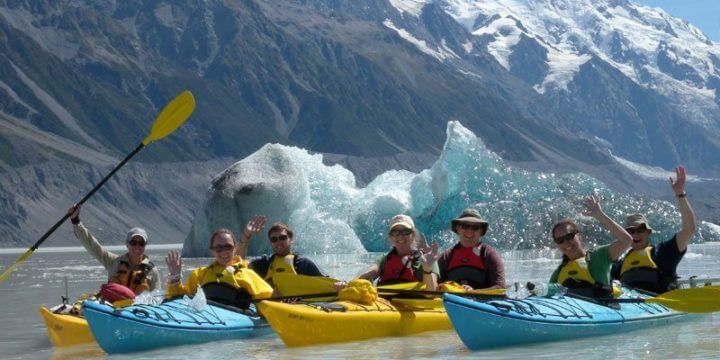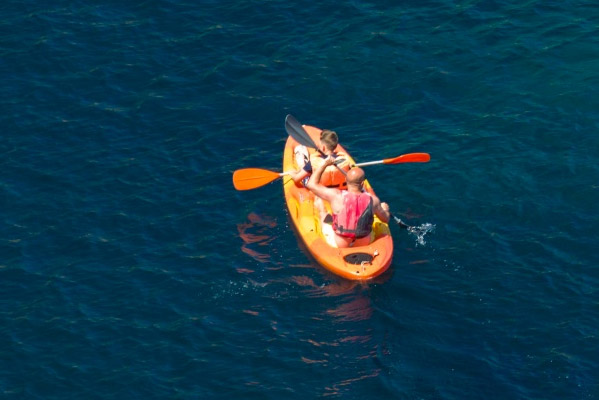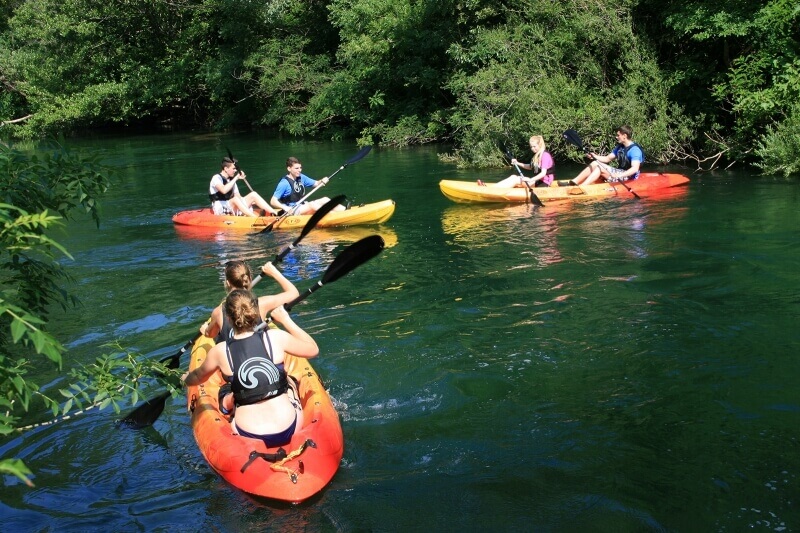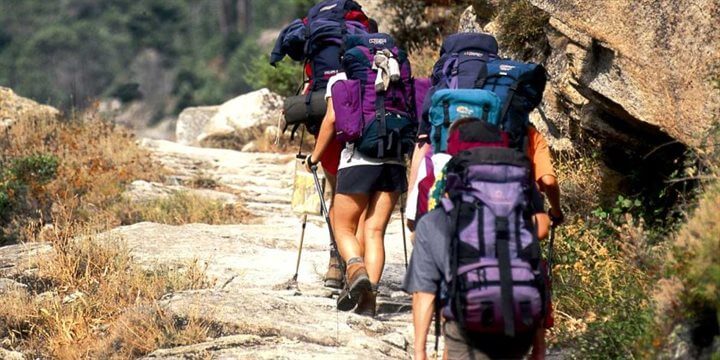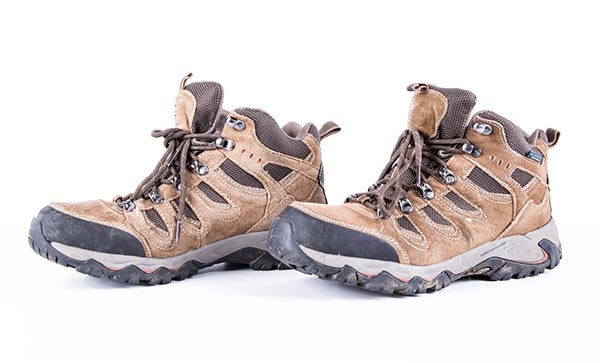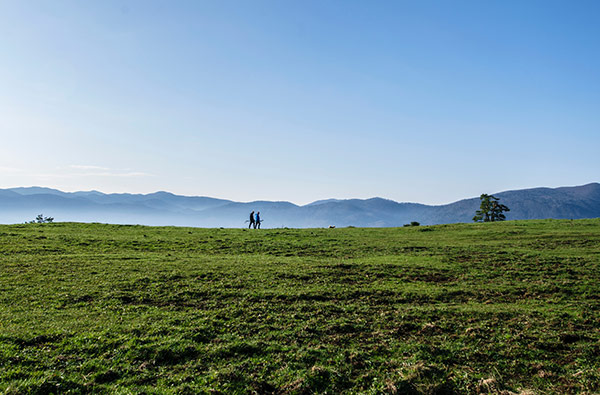Tips for a Perfect Hike
Short tips for a perfect hike.
These are some short hints and tips that help you have a better hike. Some are also discussed on other pages on this site, while others are miscellaneous items just listed here. Have a great hike!
Discover trails close you
Searching for new hiking trails? Nearby, state and national parks are a decent place to begin.
American Hiking Society is a national charitable association that backs neighborhood, territorial, and long-distance trails for hiking and different uses. Check the “Hikes Near You” -section to look the trails by your location.
Hiking Society has partnered with the Hiking Project, which is a crowd-sourced platform, where hikers can share their favorite trails
Prepare
Check the route and the weather carefully beforehand.
On the off chance that you go alone, let somebody know when you intend to return.
You need to have at least one form of communication. A cell phone is the obvious one. Some might even carry a small amateur radio such as a handy talkie. It is good to have some form of communication to ask for help if needed. Emergencies do occur, and you may want to communicate quickly to preserve life or limb. Also, this gives members of the hiking team a chance to communicate should they become separated.
Extra battery for your mobile
On rural areas, with bad reception, your smartphone battery dies quickly than in the city, so remember to take a portable charger with you. And you have more juice in the battery for the pictures also.
Wear good hiking boots
Pick well-fitting footwear with great lower leg bolster. Remember to soften them up with shorter strolls, so you don’t get rankles when you’re miles from a trailhead.
Remain hydrated
Bear in mind to take a lot of water along in your backpack to stay properly hydrated, particularly in warm, sunny climate. Hikers, especially beginners, often don’t take enough water on the hike.
The amount of water needed varies based on time of year, weather, your hiking pace, body weight, and the difficulty of terrain. Learning how much water you need in these conditions is an essential skill, so pay attention to what your body needs. Rule of thumb is that you need to take about 1 liter for every two hours.
It’s a lot to carry, but your pack will get lighter and lighter as the day goes on.
Hiking poles
Hiking poles can help you in many ways. They also great for tapping logs and rocks for critters, crossing creeks, and they come in handy at the campsite as tarp poles, spear, lamp post, or pot passers.
And one more thing: Hike in a group
If you are going on low-traffic trails, have at least one other person with you. Or be accepting of the risk you take in having no one able to aid you.
When hiking in a group, you can learn from experienced hikers, and you get aid for injuries, you distribute loads for shared group gear, and meet new people.
Happy hiking!
Tips for a Perfect Hike Read More »

